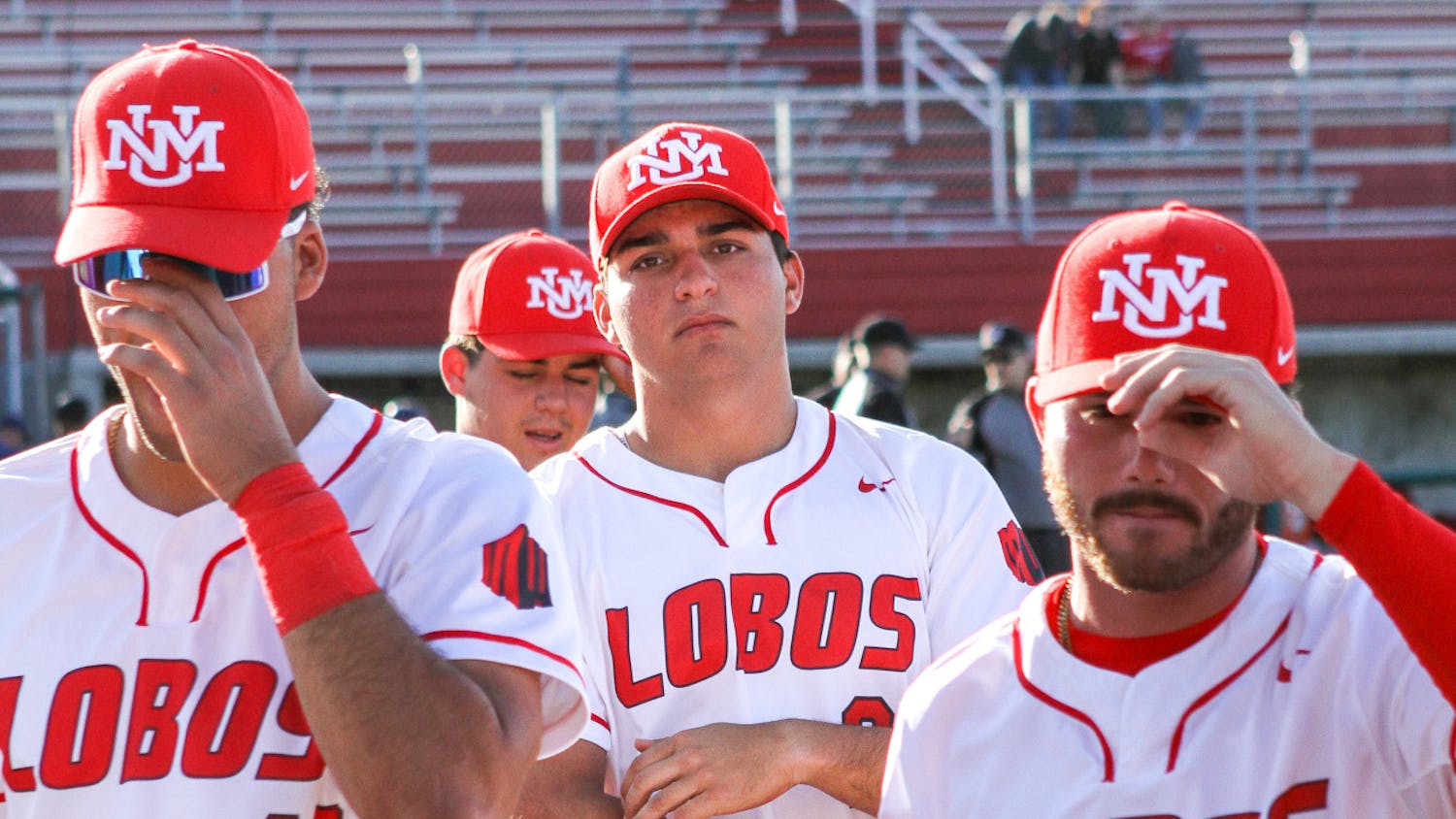“The Last Oil” symposium is a multidisciplinary event put on by eight on-campus departments that calls for an end to the oil industry.
The event begins Wednesday at Keller Hall at 5 p.m. and continues Thursday at 8 a.m. in the Student Union Building Ballroom C and returns to Keller Hall at 5:30 p.m. The symposium ends Friday with talks in SUB Ballroom C from 8:30 a.m. to 4:30 p.m. and later with a lecture from 6 p.m. to 8:00 p.m. in Woodward Hall.
The featured speakers come from many different fields, as they include lawyers, scientists, artists, indigenous rights activists, policy experts and more. The symposium will be held in direct response to President Trump’s environmental policies, according to Nicholas B. Jacobsen, an art and ecology graduate student who helped organize the symposium.
The organizers said they find drilling in the arctic unacceptable and have called for an end to drilling oil altogether — they believe that continued extraction will lead to human extinction.
While it is not the only ecosystem the symposium will discuss, the arctic receives chief recognition from the symposium, because it is hit harder by the effects of climate change. It also influences the global climate more and acts as the bellwether, Jacobsen said.
“Some activists call it the ‘Near North’ because of its influence on global air and sea currents, changes in the Arctic exaggerate changes in global climate,” Jacobsen said.
He said many environments do have human components in common. They are rural — if not, then remote — underdeveloped, low-income and tend have indigenous populations as well as archaeological sites.
The symposium will discuss human elements of climate change and their impacts on human and natural environments — oil executives, farmers, hunters, government officials, scientists, artists and activists all play a role in both environments.
While organizers find the issue is pressing, hard data can lack a “human component,” UNM Research Artist Laura C. Carlson said. The art department has played an essential role in organizing the symposium.
“Art is great for imparting a more personal feeling to this issue that often seems far away,” Carlson said.
The symposium coincides with Subhankar Banerjee’s exhibit, “Environmentalism in the Near North,” at the UNM Art Museum.
“We’ve been calling the arctic the ‘Near North’ instead of the ‘Far North’ to draw attention to the fact that the arctic climate affects the global climate and economy,” Jacobsen said
Get content from The Daily Lobo delivered to your inbox
Banerjee’s exhibit has its own preview on the symposium’s website, which says, “In a recent essay Subhankar Banerjee coined the term, ‘long environmentalism,’ to draw attention to environmental justice engagements that last not merely weeks or years, but decades, and become inter-generational.”
By coining of the term, “long environmentalism,” and by changing the name of the “Far North” to the “Near North,” the symposium aims to have the audience see climate activism of global endeavors that will last the rest of their lives.
Donald Amble is a freelance news reporter at the Daily Lobo. He can be contacted at news@dailylobo.com or on Twitter @Deambler.





